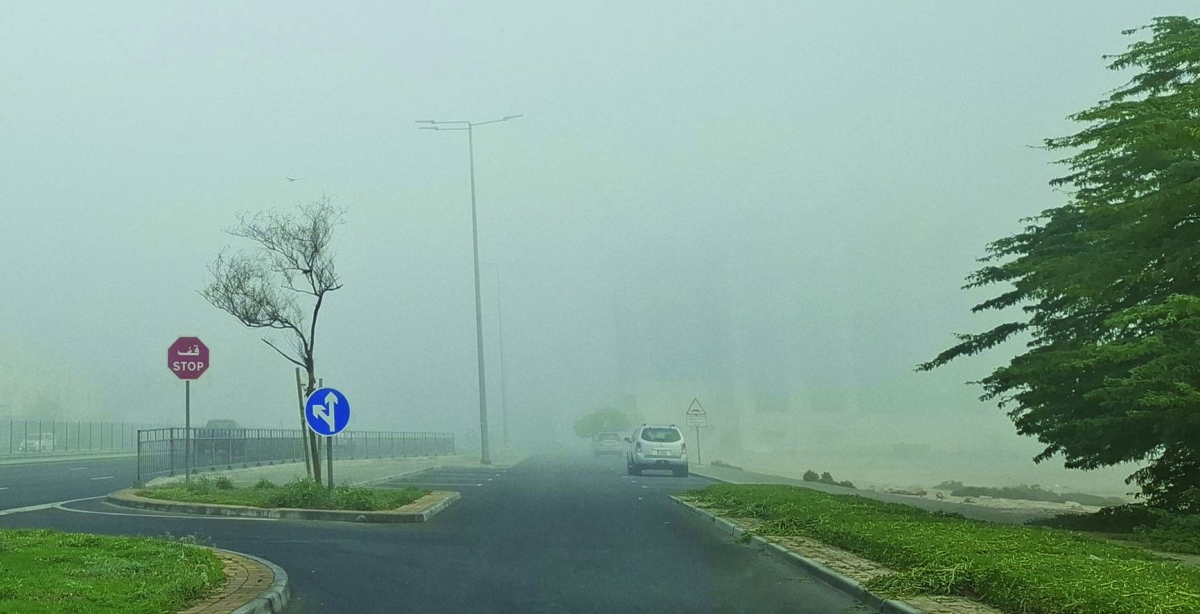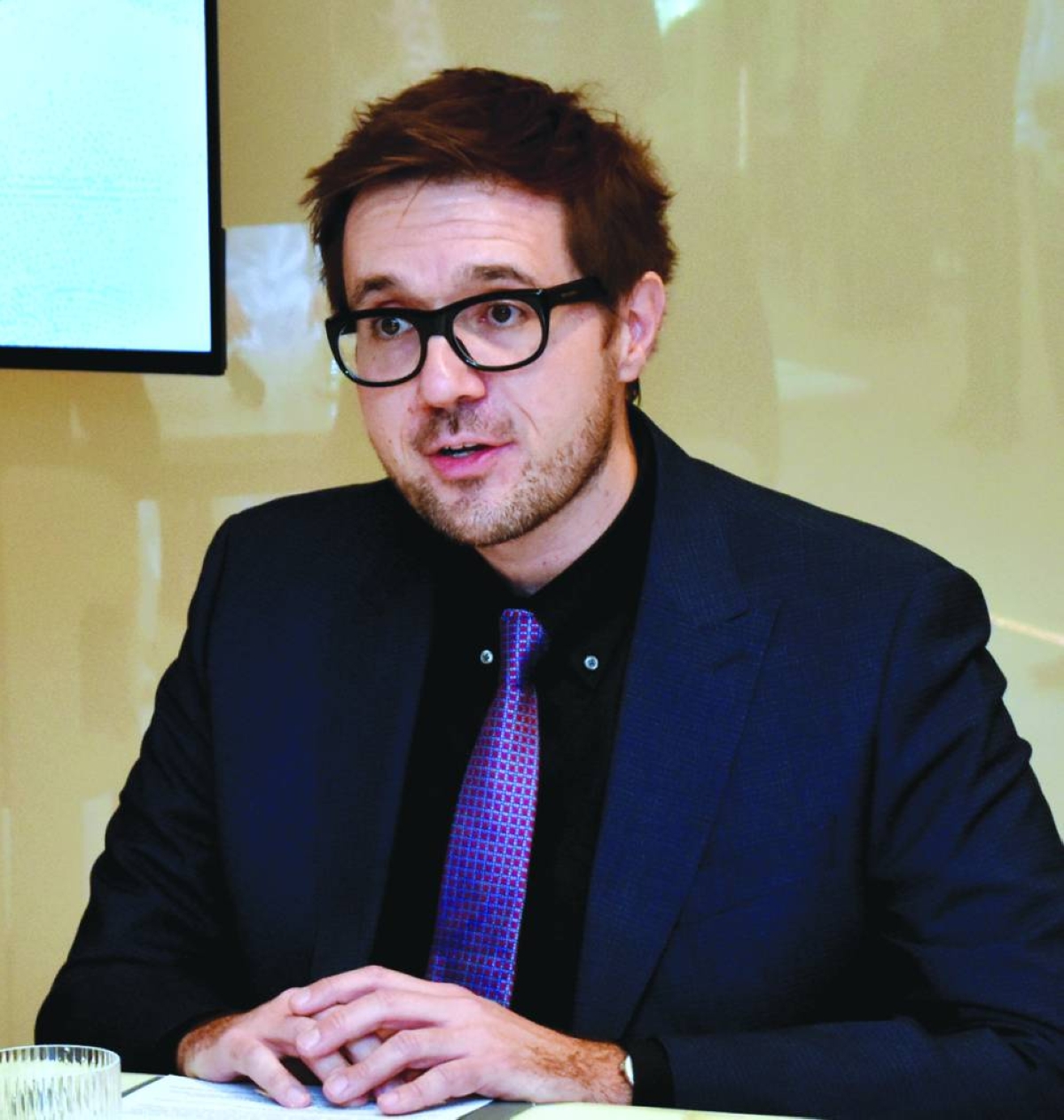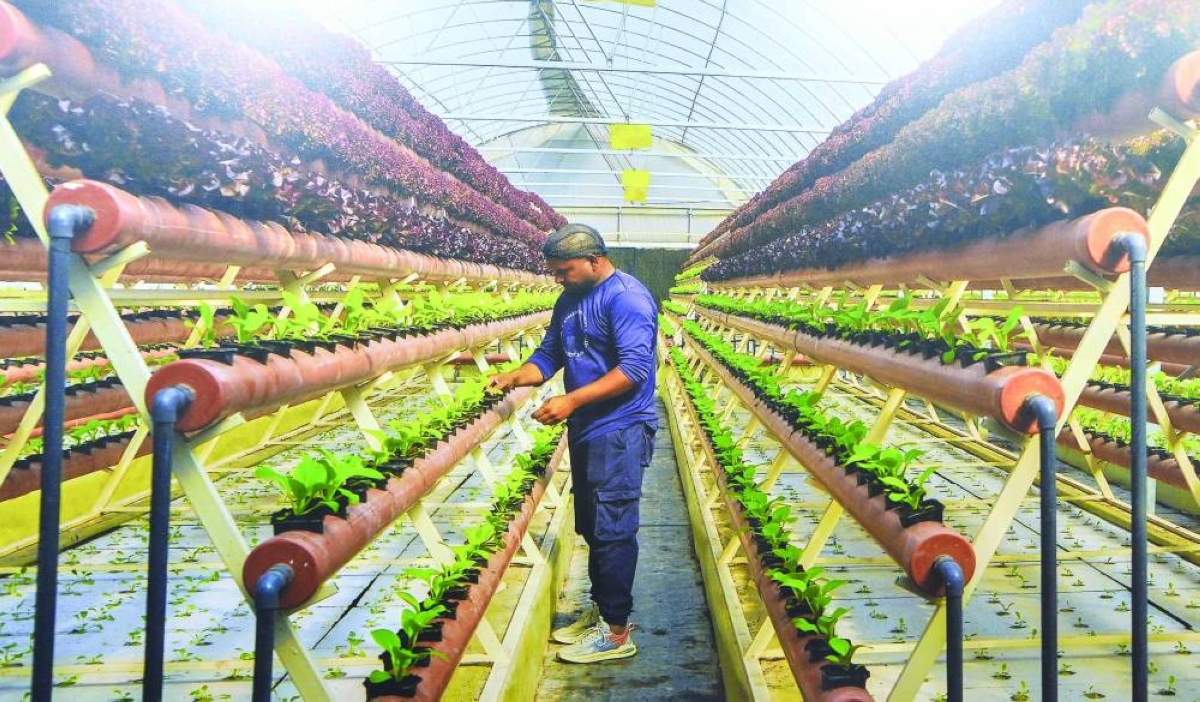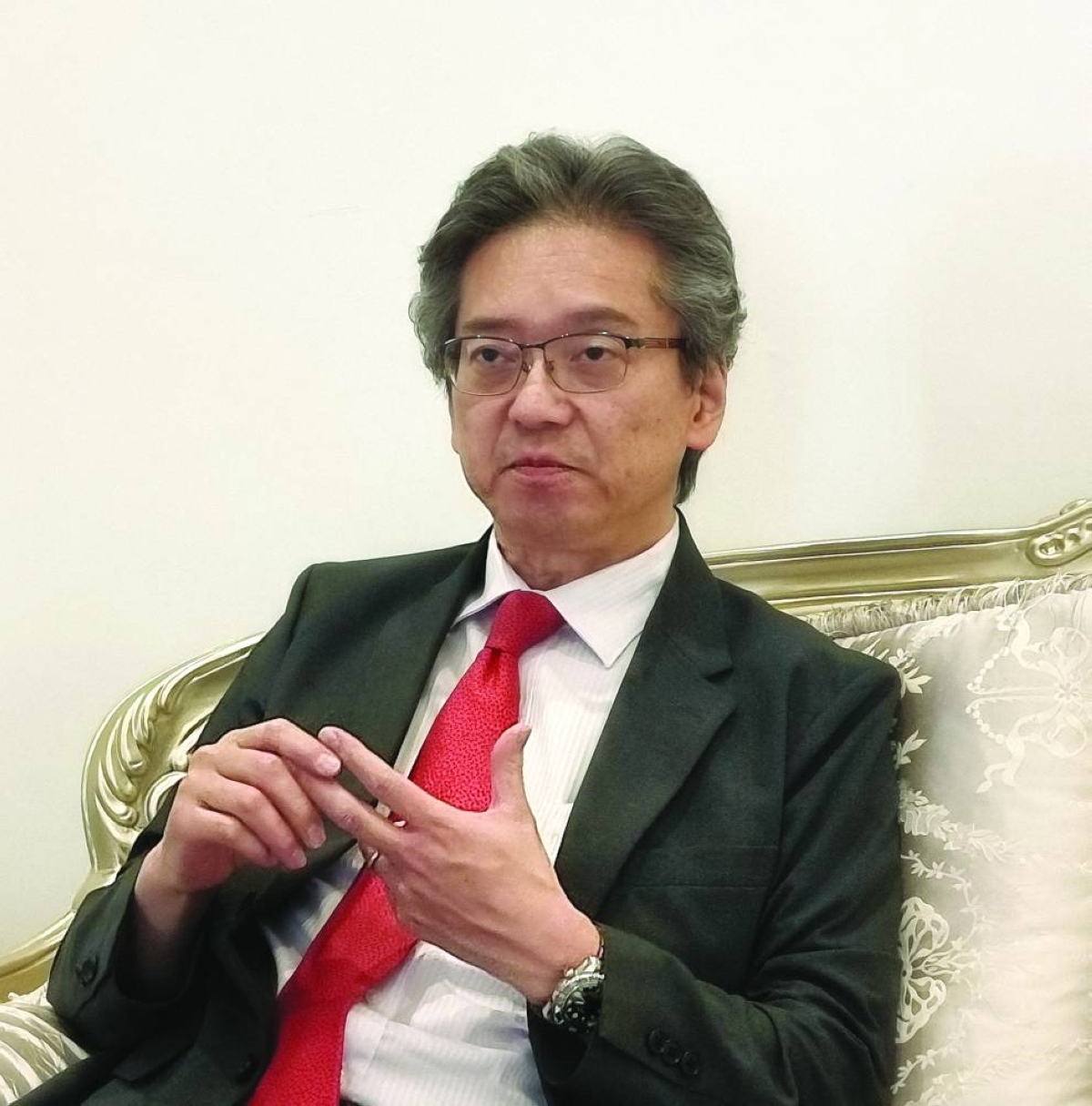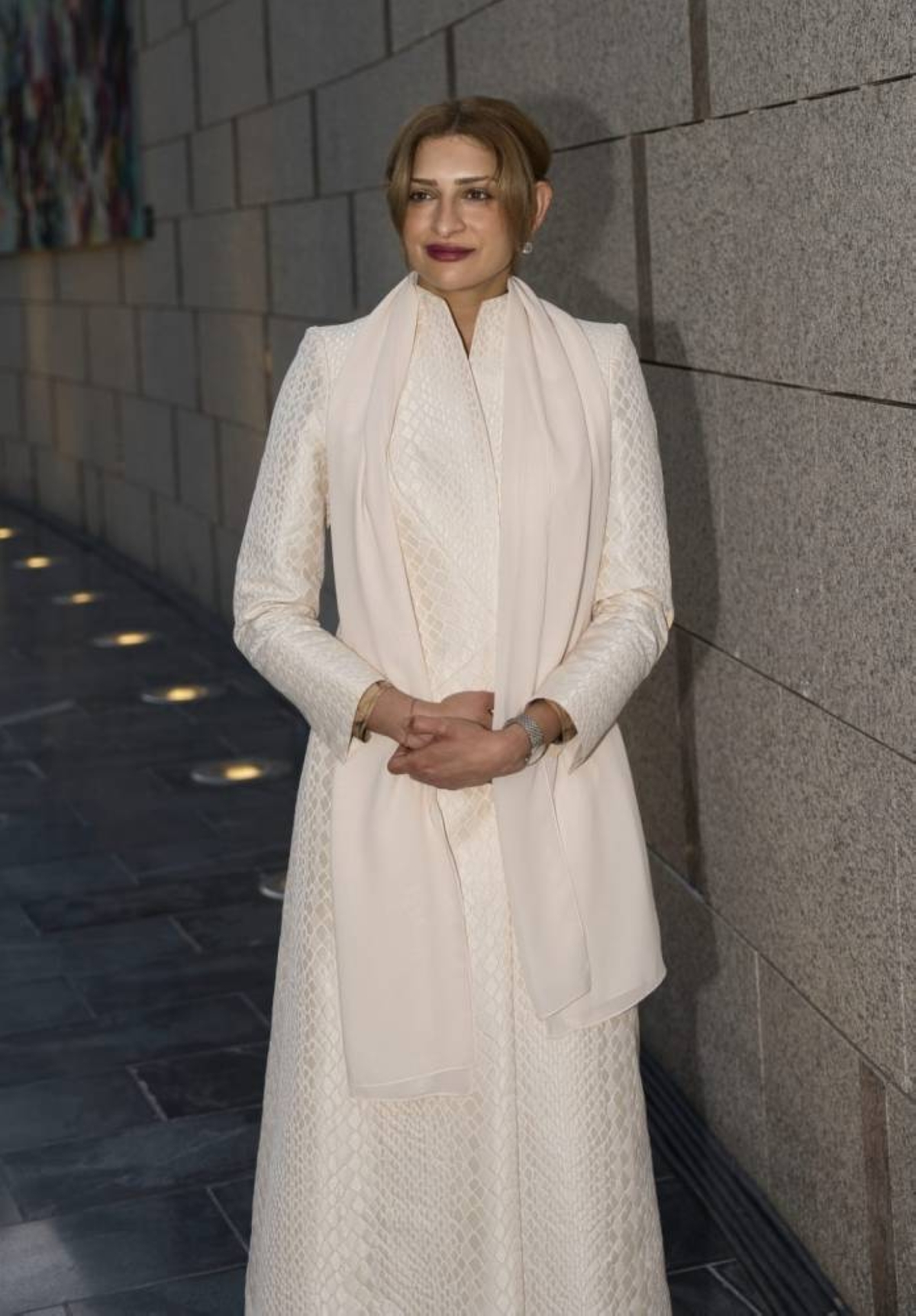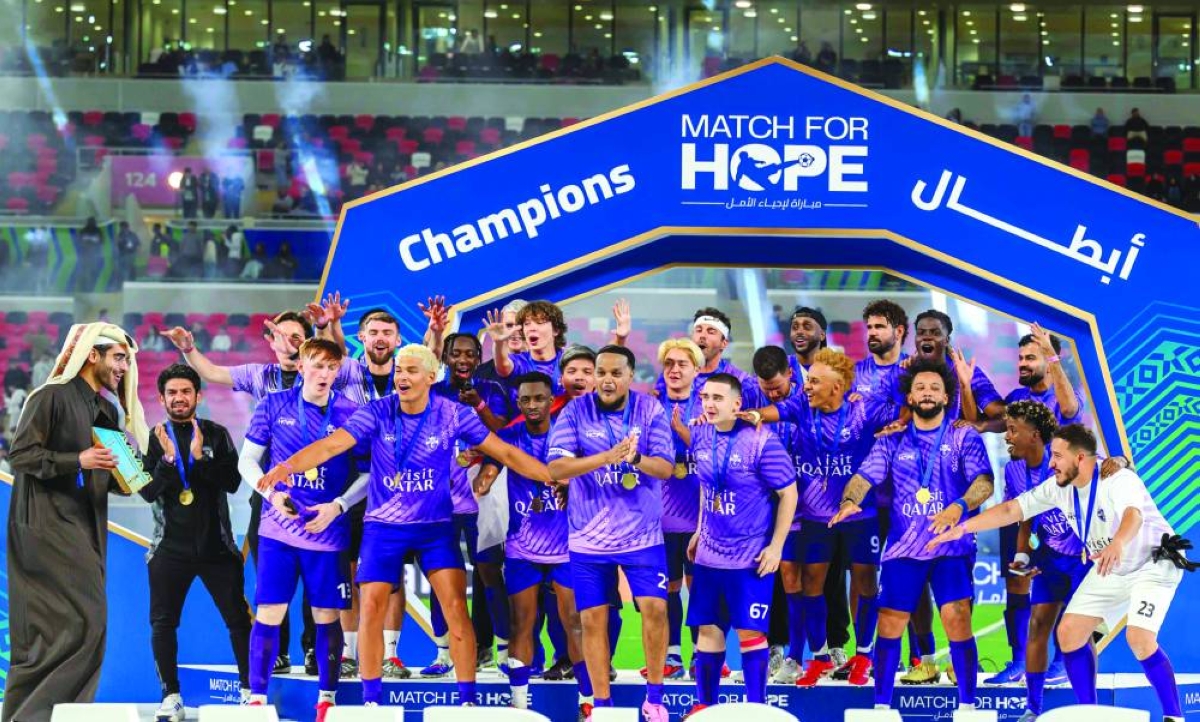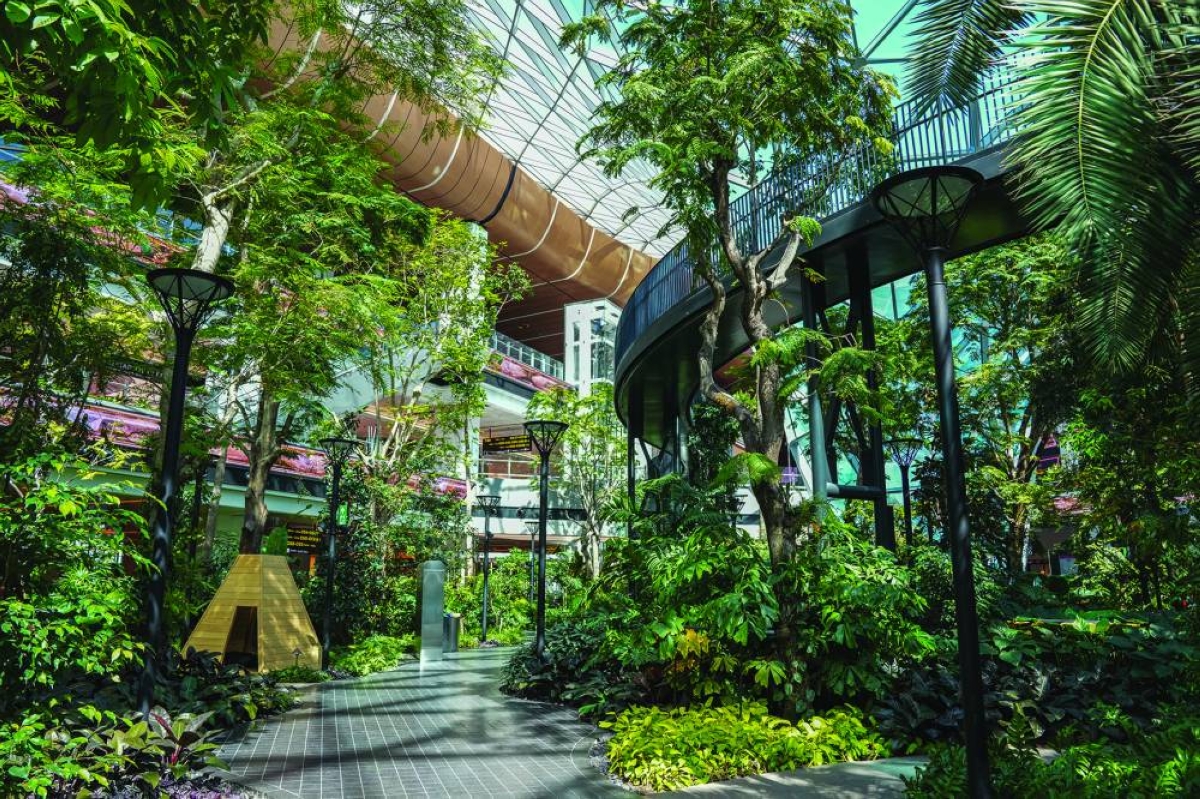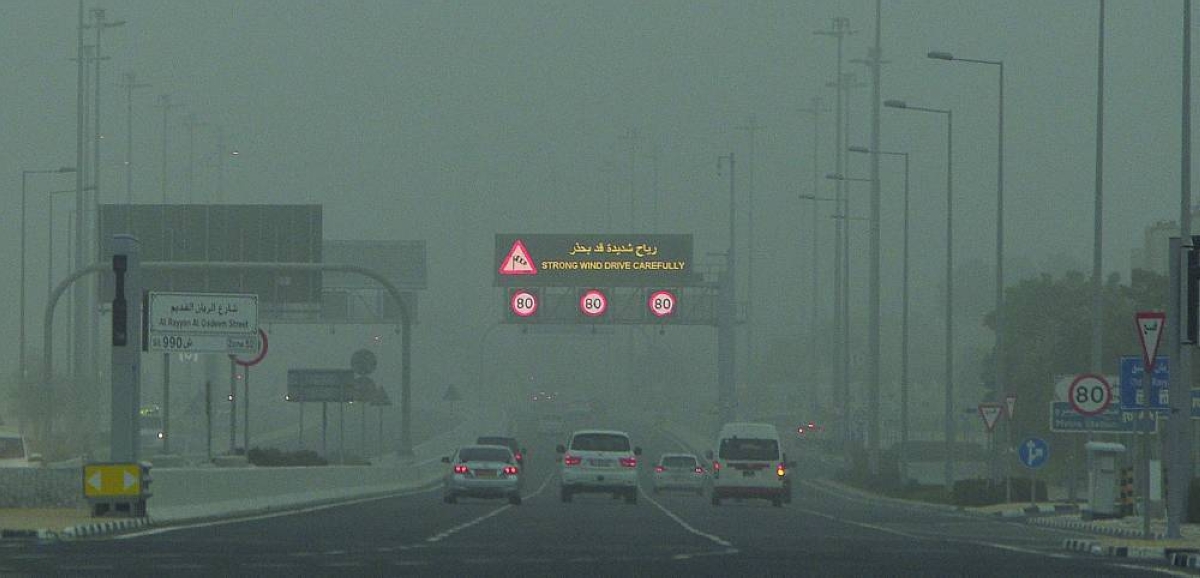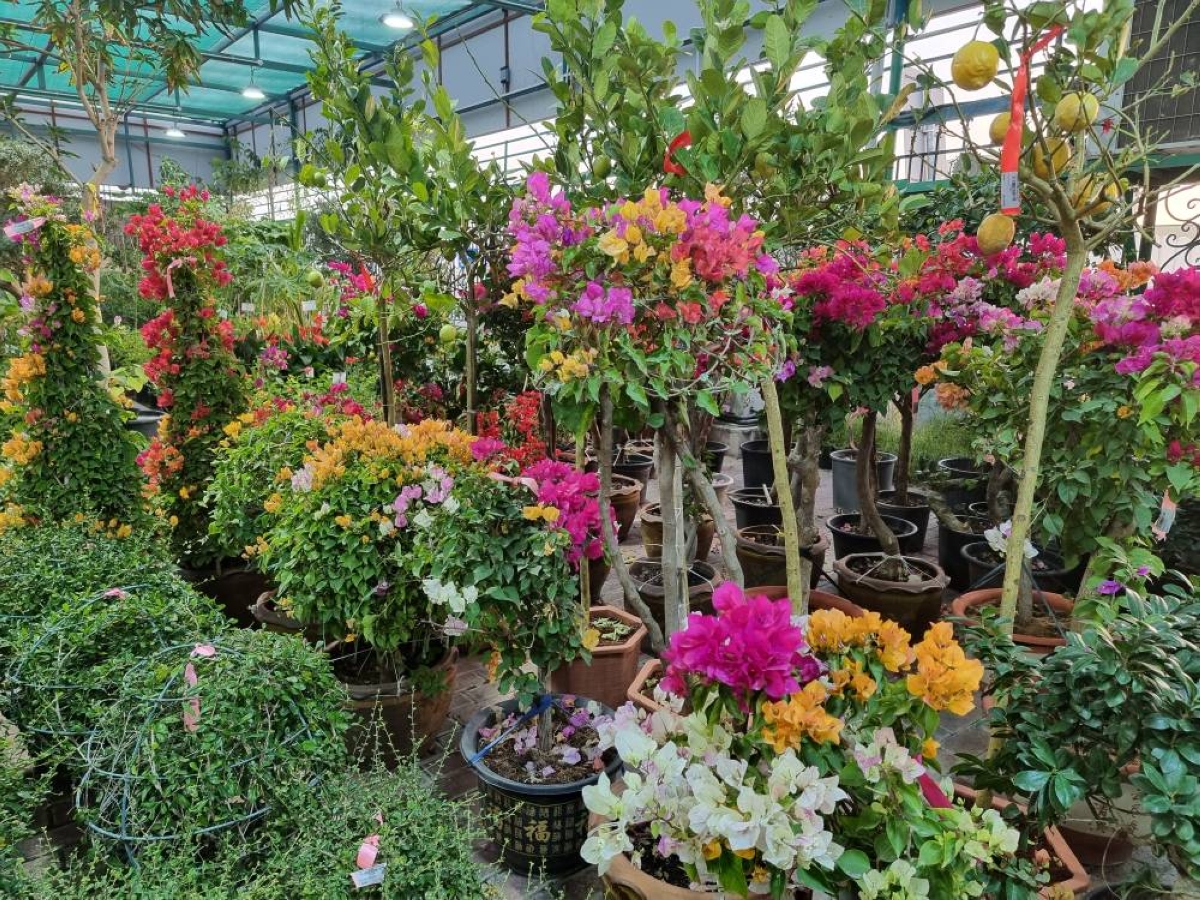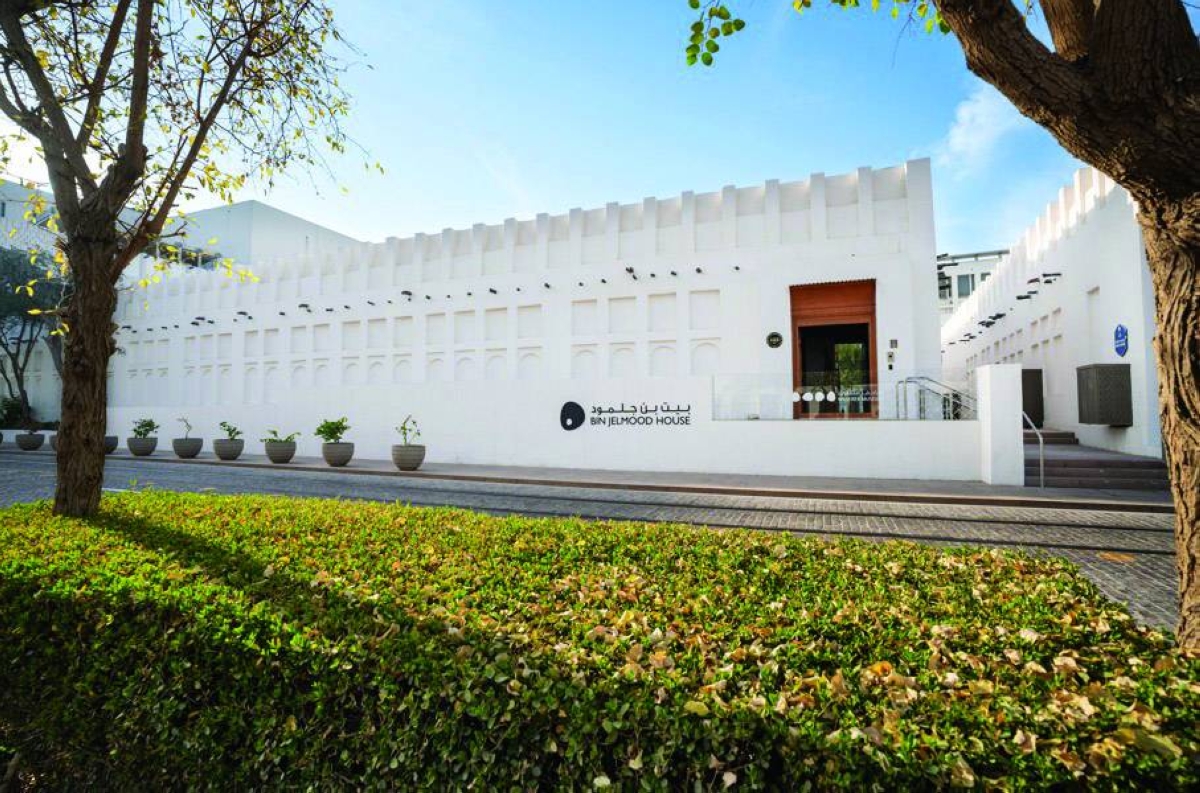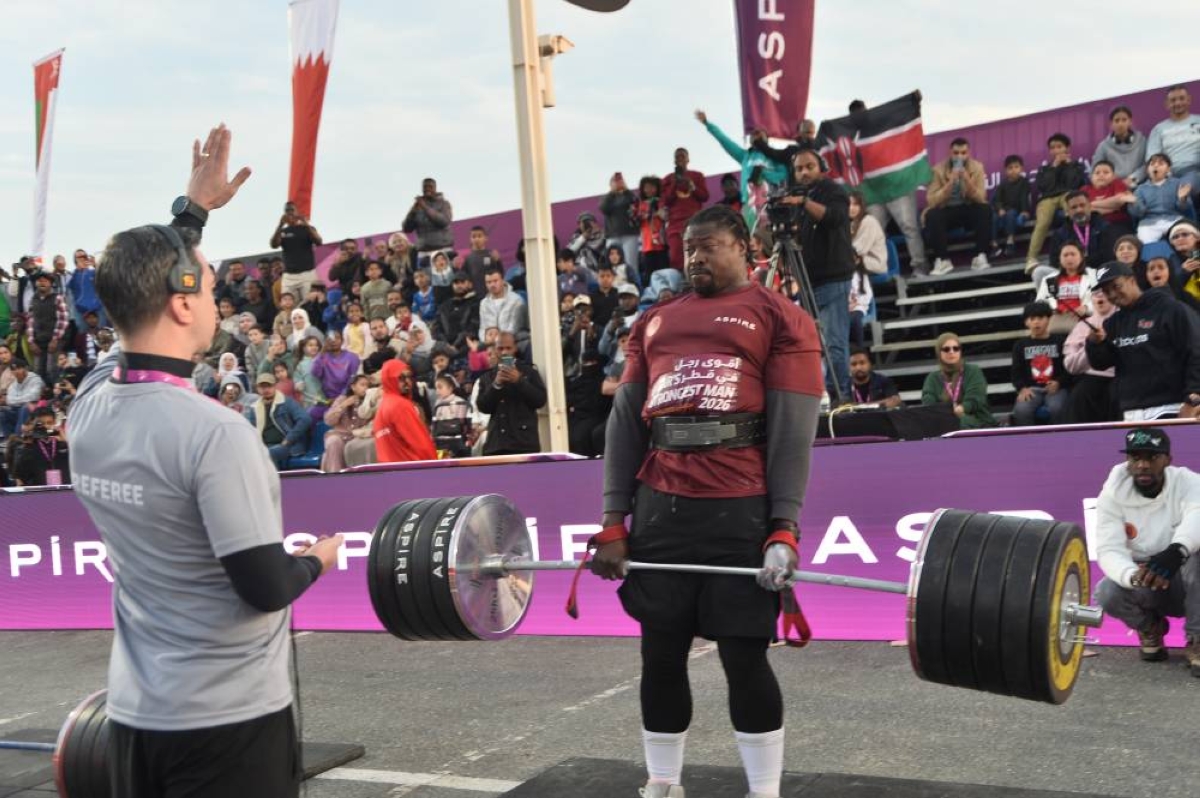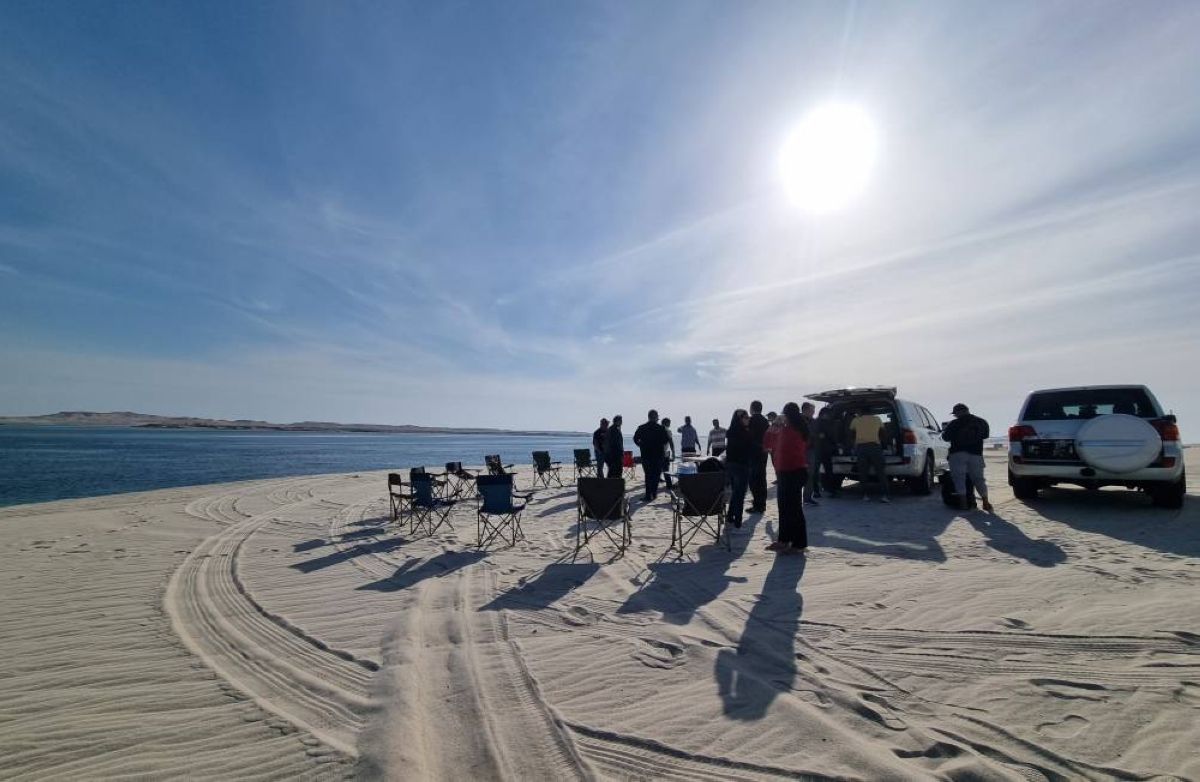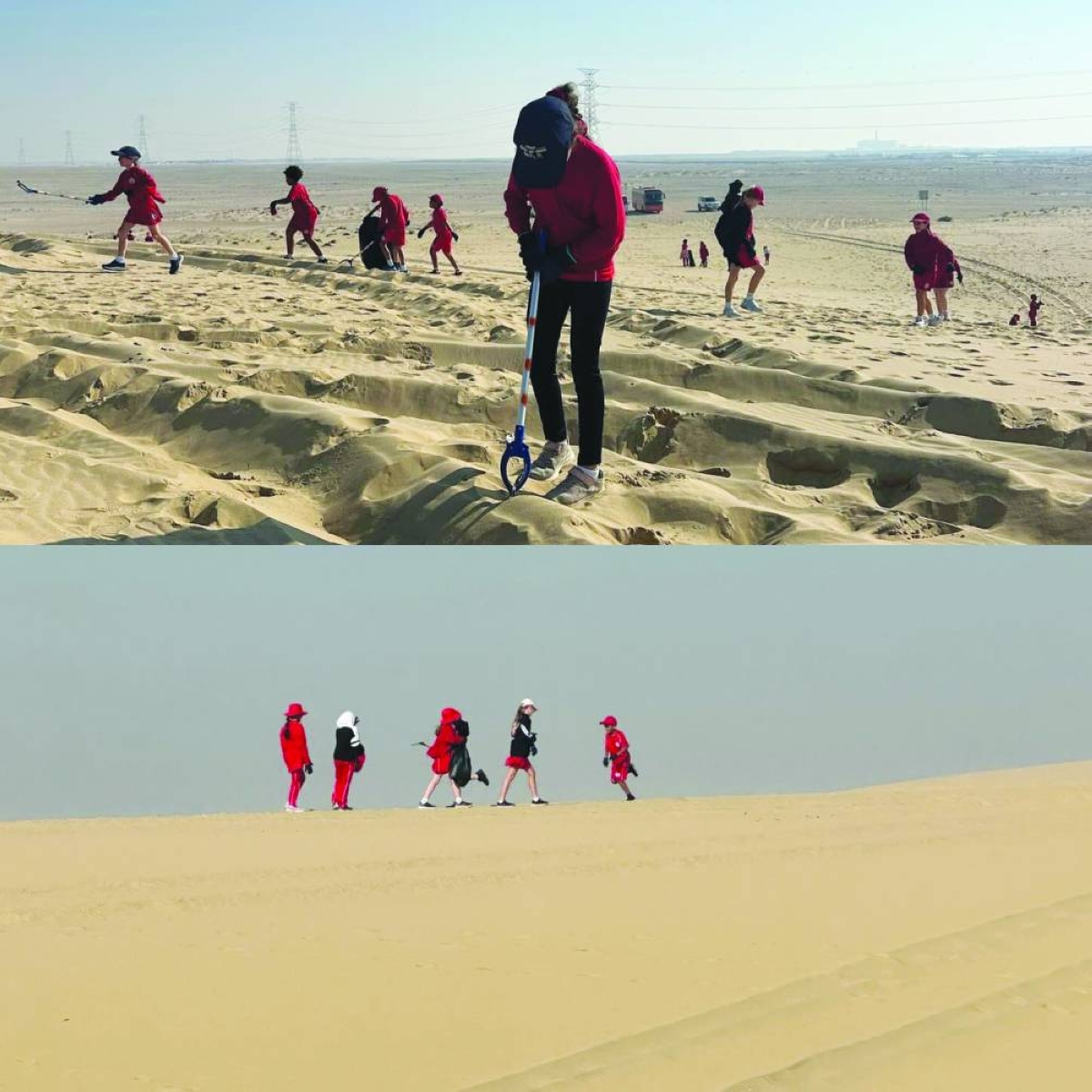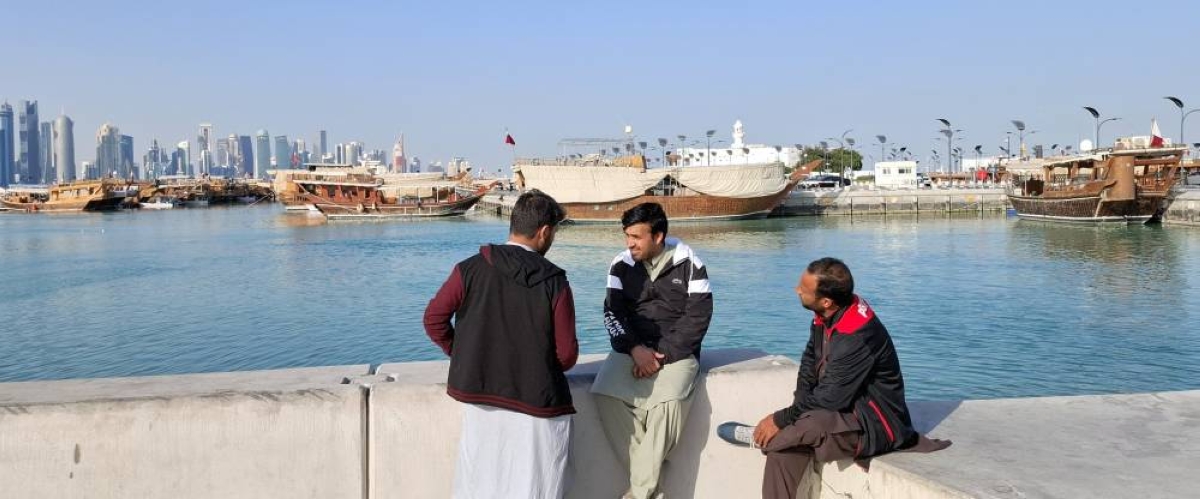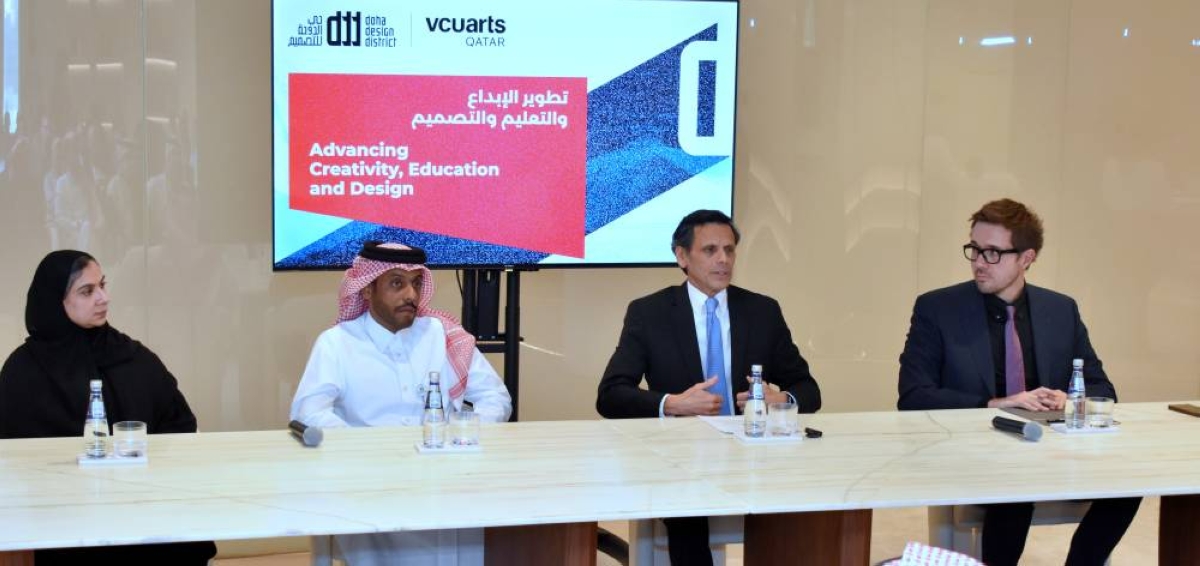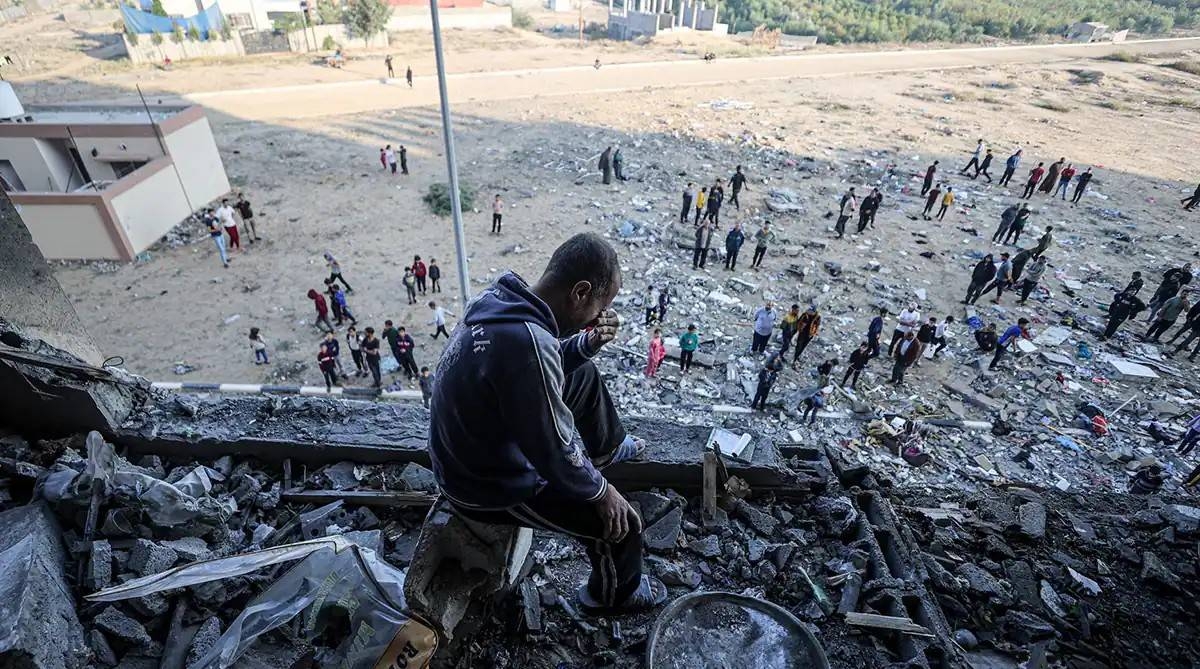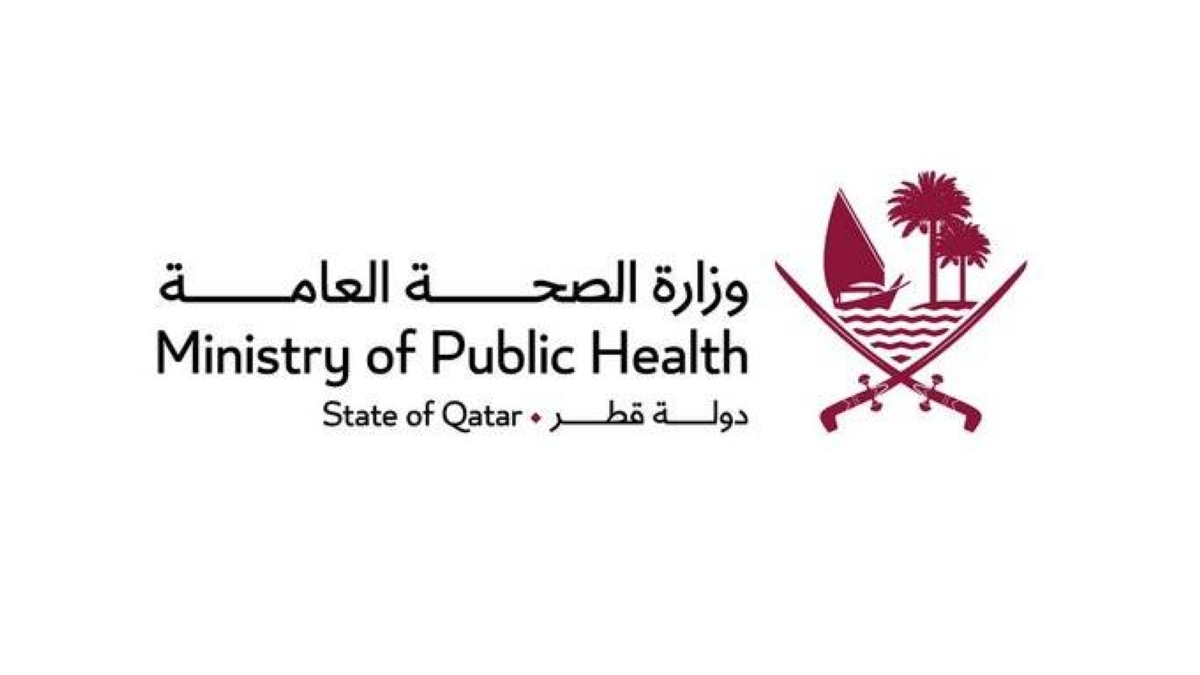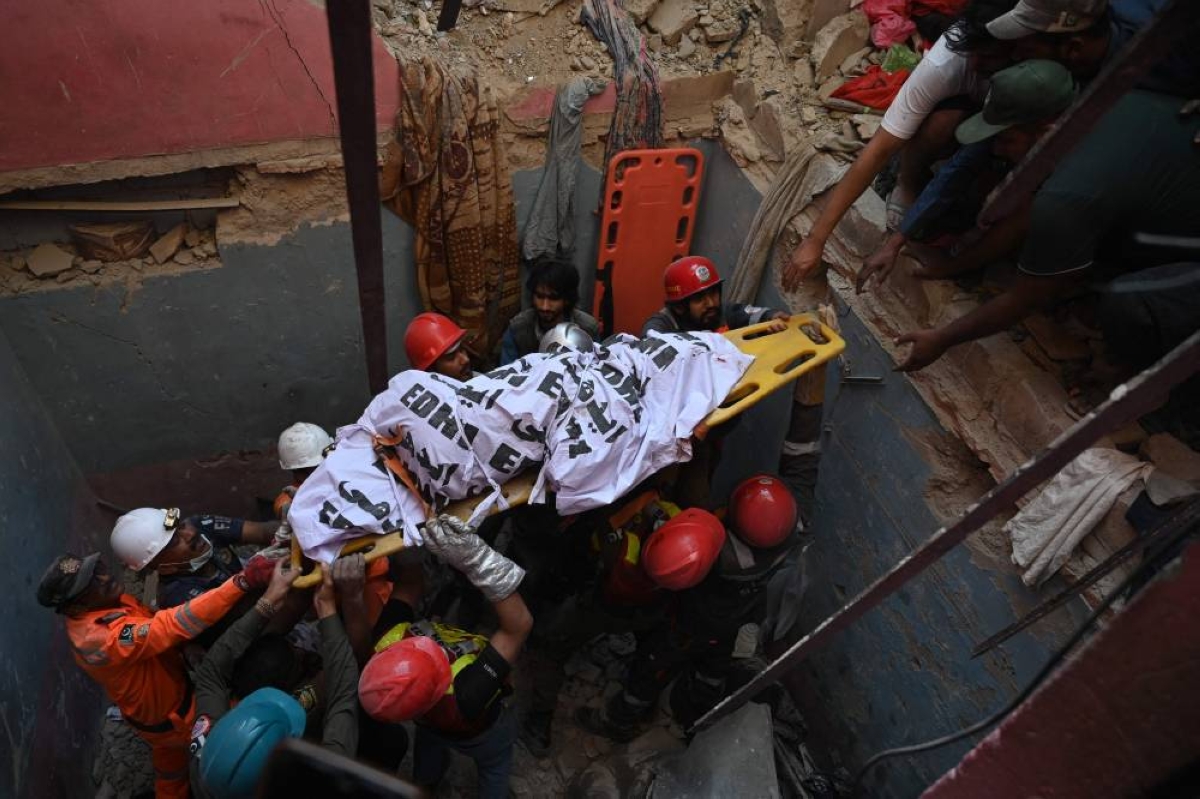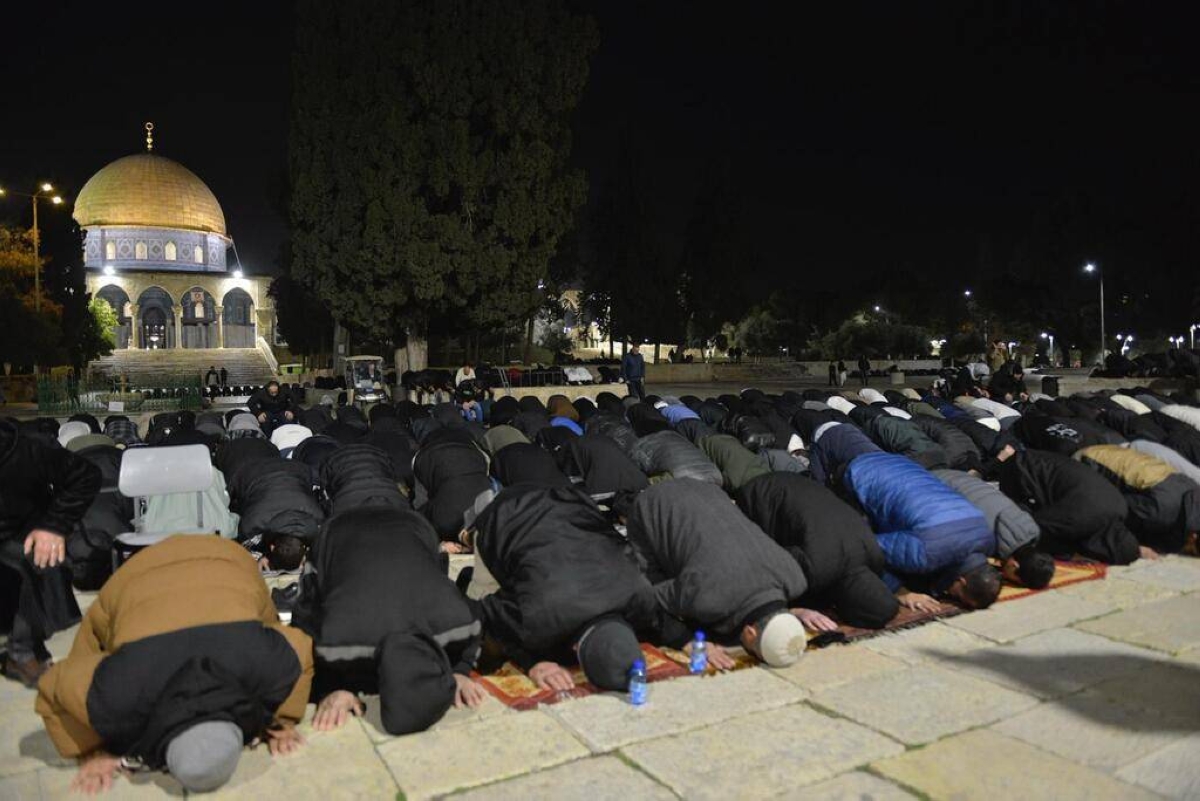*Web Summit Qatar 2026 to host around 30,000 participants*The sold-out event will see more than 1,600 startups, over 800 investors, and more than 400 speakers in attendance over four days at DECC The 3rd edition of Web Summit Qatar is set to open tomorrow, February 1, at the Doha Exhibition and Convention Centre (DECC), with an Opening Night showcasing the scale of the region’s largest tech event and, on day 2, highlighting thought leadership led by Her Highness Sheikha Moza bint Nasser and HE Sheikha Al Mayassa bint Hamad bin Khalifa al-Thani.While the opening night sets the tone socially, the intellectual core of the summit comes into sharp focus on February 2, the second day of the conference, when Her Highness Sheikha Moza, Chairperson of Qatar Foundation for Education, Science and Community Development, takes the centre stage at 10am.Her Highness will deliver a keynote titled 'Human first: Re-centering ethics in the age of artificial intelligence'. The address will examine the rapid advancement of artificial intelligence (AI) and its deep implications for societies worldwide, stressing the centrality of human values, ethics, and accountability in technological development. Her Highness is expected to highlight the need for responsible, human-centred leadership that anticipates long-term societal impact rather than reacting to technological change after the fact.The session is anticipated to be one of the defining moments of Web Summit Qatar 2026, positioning ethical leadership as a cornerstone of innovation at a time when AI is reshaping economies, governance, and everyday life. On the same day, from 11.35am to 12.05pm, the centre stage will host another major highlight featuring HE Sheikha Al Mayassa, Chairperson of Qatar Museums. She will speak on 'Investing in culture: Museums, creative industries and the knowledge economy,' joined by Michael Govan, CEO and Wallis Annenberg Director of the Los Angeles County Museum of Art.The session will bring together two global cultural leaders to explore how museums and cultural institutions function as engines of creative industries and catalysts for a knowledge-based economy. Centred on Qatar’s cultural strategy, the discussion will examine how investment in culture drives education, social progress, and sustainable economic development, while integrating local creative ecosystems into global networks of exchange.The Permanent Web Summit Organising Committee also confirmed the participation of senior Qatari leadership throughout the programme, particularly HE the Prime Minister and Minister of Foreign Affairs Sheikh Mohammed bin Abdulrahman bin Jassim al-Thani, along with ministers, heads of national institutions, and leading executives from across government, media, research, and investment sectors.Running from February 1 to 4, Web Summit Qatar 2026 will bring together policymakers, global tech leaders, cultural visionaries, investors, and startups, with the opening night offering an early glimpse of the show floor, global partners, and the networking-driven ethos that defines the event.The Opening Night on February 1 will feature a centre stage programme streamed live across the venue, alongside a DJ performance by Questlove — the Oscar-winning, Emmy-nominated filmmaker and co-founder of the legendary hip-hop group The Roots. Food Summit will serve global cuisine, while ticket holders will also gain access to the Night Summit, an open-air festival transforming DECC Park into a social and networking hub.Night Summit activities will run from 6pm to 10pm each evening, with the opening night programme scheduled from 7.30pm to 10pm. The space will feature interactive and social zones including fire pits, foosball, mini golf, giant Jenga, padel courts, karaoke, a sports bar, reading room, networking garden, and bubble garden. Organisers say the aim is to create an informal environment where conversations continue beyond the conference halls.Among the activities is the Mini Golf Opening Jam, designed as an energetic icebreaker for attendees, and Padel Pitching sessions, which combine short, coached padel rotations with off-court pitching and direct mentor feedback. Board game sessions will also be available for those seeking a break from screens, highlighting Web Summit Qatar’s focus on meaningful, human-centered connection.Day 1 of the summit will open with a keynote at 9.30am on “Qatar’s Digital Agenda 2030: Building a knowledge-based digital economy,” outlining how national digital strategy is translating vision into tangible outcomes across jobs, skills, and economic impact, led by the Ministry of Communications and Information Technology.The opening day will also feature breakout startups sessions, showcasing emerging companies pitching disruptive ideas and technologies, with speakers including Ranime El Skaff of Prop-AI, Hassan Albalawi of WakeCap Technologies, and Wisam Costandi of EMMA Systems.Web Summit Qatar 2026 is expected to host around 30,000 participants, more than 1,600 startups, over 800 investors, 180 global partners, and more than 400 speakers. With more than 600 international media professionals attending, it will be the largest edition of the global event ever held in Qatar.


